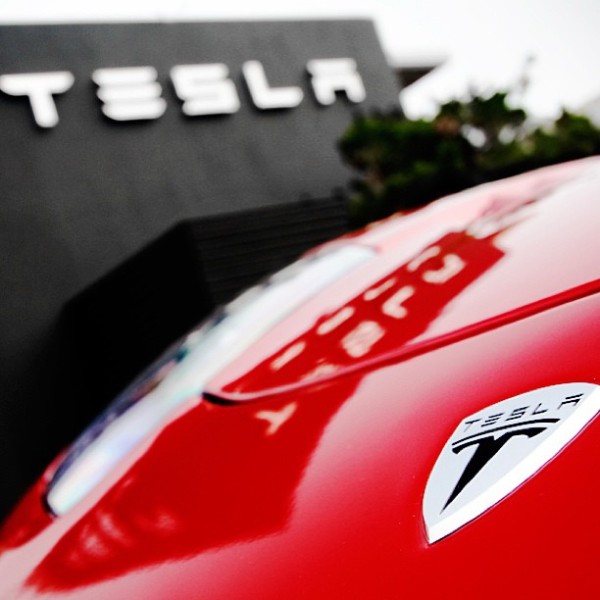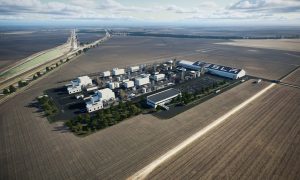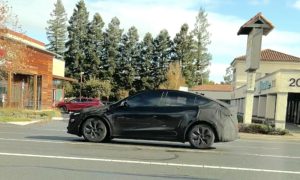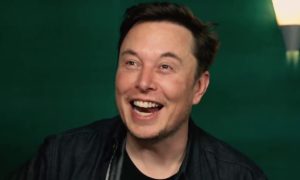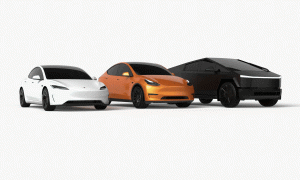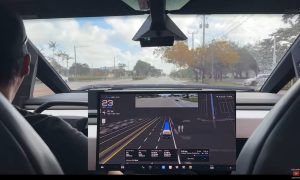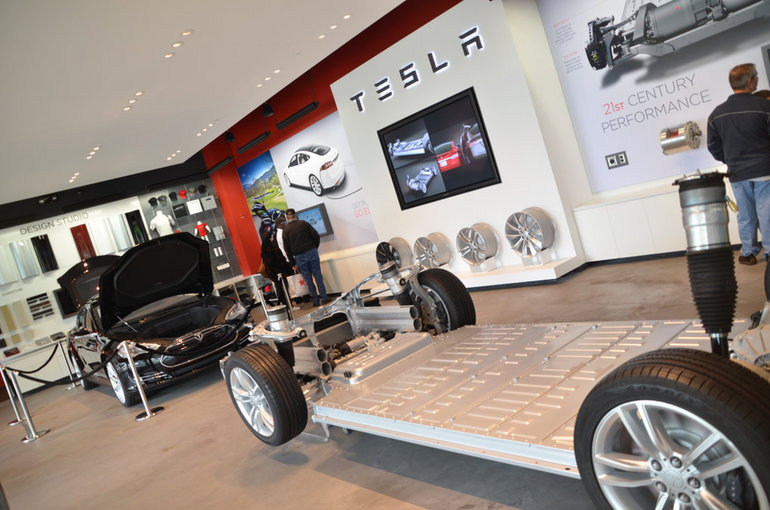
Elon Musk is always one step away from pushing the envelope further. Is calling New Jersey the mafia state enough of a wake up call?
Governor Chris Christie exemplifies modern politics clichés by turning around his previous decision legally working with Tesla Motors to follow suit with Texas and Arizona. Is there a pattern? Far from engaging in politics at Teslarati, we can’t help but wonder why those states known for their free markets ideals turned their back on the rhetoric? Where is competition and free market these days?
Does anybody remember freedom of choice?
Elon’s post rightfully reminds us of the disconnect between politicians and their constituents by saying: “the New Jersey Motor Vehicle Commission, composed of political appointees of the Governor, ended your right to purchase vehicles at a manufacturer store within the state” on his post. Governor Christie promised to put a vote to Tesla selling directly, but once the very big, and very powerful auto dealer lobby voiced their concerns, a backroom deal was cut, thus circumventing the legal process. Essentially, the auto dealer association pressures Chris Christie to force anyone buying a new vehicle through middlemen in New Jersey.
Essentially, Elon Musk accuses the Administration and the New Jersey Motor Vehicle Commission of: “going beyond their authority to implement the state’s laws at the behest of a special interest group looking to protect its monopoly at the expense of New Jersey consumers.”
Automotive Dealerships is a humongous lobby.
We’ll let you gauge how powerful the National Automotive Dealership Association is. Last year, there were 17,600 dealers of new cars and trucks in the US, yielding over $676 billion of sales, accounting for about 15 percent of all US retail activities. The automotive dealership is a substantial part of the country’s economy and its $86.8 million of dealership monies continuously spends $57 million funneled on state election across the country since 2003.
A few days back, we wrote about how the inevitable has to happen, bringing back our country to its foundation of freedom of choice. Dealerships don’t have the best reputation, and certainly very few people praise their services. Is it any wonder they push for an old, worn out self-serving business model? Tesla’s model is so modern, answers the needs of our current era and reflects a very real demand for freedom of choice. Simply put, dealerships do not offer the added services they once did, and are not able to change that quickly. Sounds familiar? Carmakers feel the same. Tesla Motors creeps under Detroit’s car manufacturers’ skin. They feel the inevitable, that change is a constant and you cannot turn around a big corporation instantly. Does that mean we don’t need car dealerships? Certainly not.
Tesla Motors is about now.
If we put everything into perspective, we find Tesla Motors answers our urgent need for elegant performance cars that run on an efficient energy means, electricity. Carmakers are left in the less enviable position of making petroleum derivative powered cars that pollute, smell bad and make awful noises. What truly isn’t fair is to expect these big carmaker and their dealerships to turn on a dime and start manufacturing batteries and electric motors. They are not tooled for this, and the investments would be gargantuan.
The Tesla stores frighten auto dealerships.
Why wouldn’t they be frightened by the Tesla stores, conveniently located inside malls, at the mercy of any onlooker? If you are relegated to the outskirts of the city, next to other car dealerships, knowing how people dread going to look for that new car, carefully maneuvering pushy salesmen, deciphering the unintelligible jargon and financing pitfalls, wouldn’t you fear Tesla? What do you do against a Tesla store that has a list of Model S drivers who will let you ride and sometimes drive their personal car? Know anyone who that with the internal combustion engine (ICE) drivers? Neither do we. But, why would you fight this marvelous system?
In the meantime, it’s hard not to feel sorry for politicians seeing constituents losing faith and car dealership lobbies facing better business models. Would you be frightened, or would you take the opportunity to change and adapt, once and for all?

